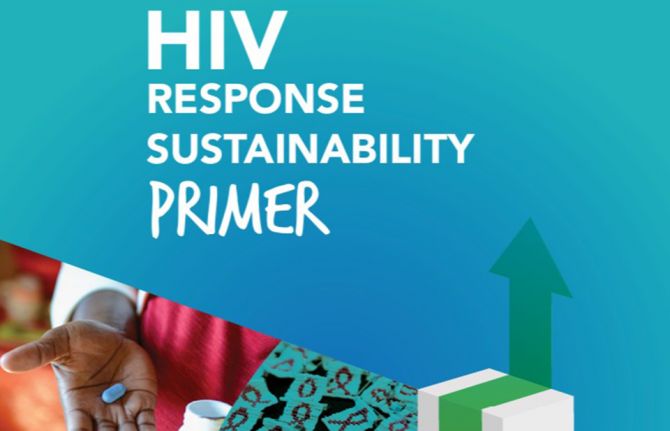
Feature Story
AIDS: everybody’s business
12 septembre 2007
12 septembre 2007 12 septembre 2007
Finding innovative solutions to key health challenges to ensure the long-term economic development of nations worldwide was the focus for business leaders attending the three-day meeting of New Champions. The meeting took place in Dalian in the People’s Republic of China from 6 to 8 September 2007.
The issue of AIDS took a particularly prominent position with a symposium dedicated to how business could contribute to responding to the epidemic. The symposium gathered high-level representatives from government, business, NGOs and international organizations—including UNAIDS Executive Director Peter Piot—to discuss the issue of AIDS in the workplace.
Christine Ockrent, author and Editor-in-Chief of the French television channel France 3,introduced the discussion noting how big business had been slow to realize the staggering impactl of the AIDS pandemic. “AIDS, she said, has become the fourth cause of death in the world and may soon be the third. Eight thousand people die each day from AIDS,” she added.
What role can new business champions play?
As part of his intervention, the UNAIDS Executive Director presented three comparative advantages of the business sector in addressing the epidemic. First of all, he underlined, business has expertise in long-term strategic planning, risk assessment, research, development and marketing. Private companies can also, reach out to millions of people, who would otherwise be out of reach, through HIV in the workplace programmes and workplace programmes also allow proper follow of the beneficiaries. Additionally, he stressed, the business sector has an outreach potential far beyond its own sector and plays a real leadership role in today’s world.
Other speakers at the symposium included Bo Shao, Chairman, Novamed Pharmaceuticals in the People's Republic of China; Raenette Taljaard, Executive Director of Helen Suzman Foundation in South Africa; Sir Martin Sorrell, Group Chief Executive of WPP Plc in the United Kingdom; and Rajat Gupta, Senior Partner of McKinsey & Co. and Chairman of the Board of The Global Fund to Fight AIDS, Tuberculosis and Malaria.
Mr Gupta noted that the case for business was grounded in completely enlightened self-interest. "We need a healthy workforce,” he said.
WPP’s Sir Martin Sorrell added that HIV must be recognized as one of the world’s two global priorities, along with climate change. He cited ignorance and discrimination as major obstacles in the response to AIDS. “Obstacles, he noted, that can be overcome through better education and where New Champions can contribute by using existing services and by inventing new service delivery tools.
”While the business sector offers some examples of innovative partnerships in response to AIDS, most of them are to be found in large multinational companies. Adidas for example has partnered with Marie Stopes International to provide reproductive health and AIDS prevention education to the young, female migrant workers in their supplier factories. But many more such initiatives are needed across the sector.
“Business has a vital role to play in the response to AIDS. The multi-sectoral nature of AIDS presents enormous opportunities for further contributions from business, in its resources, expertise and long-term planning,” said Regina Castillo, UNAIDS' Team Leader of Corporate and Private Sector Partnerships.
Links:
Read WEF press release
Visit the World Economic Forum's web site for more information on the Dalian meeting



